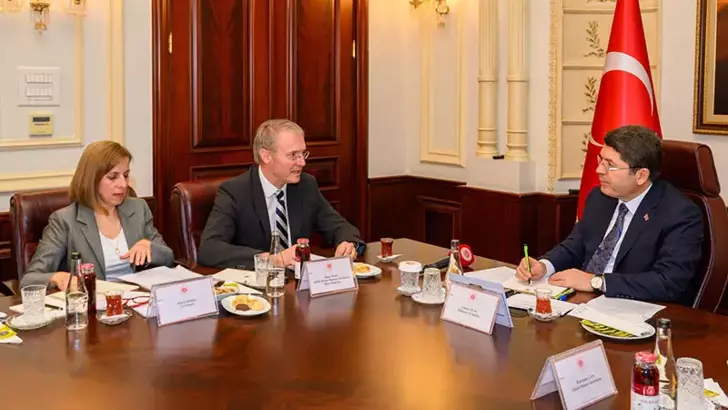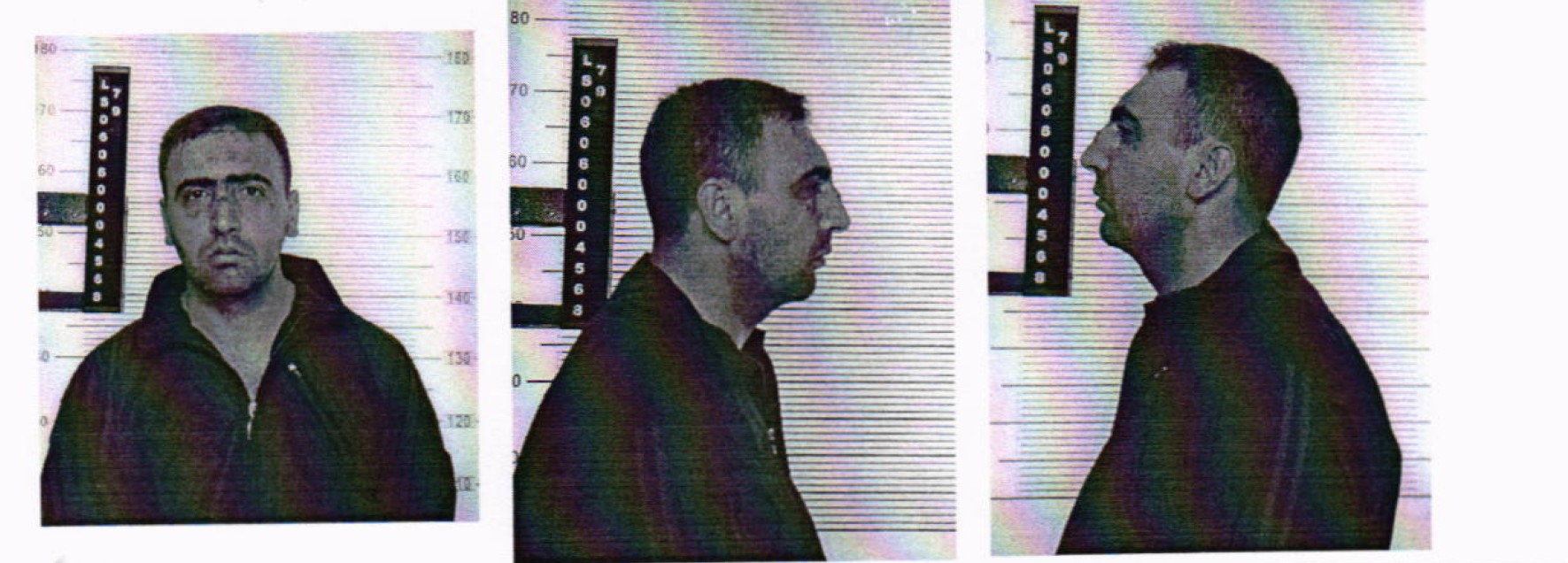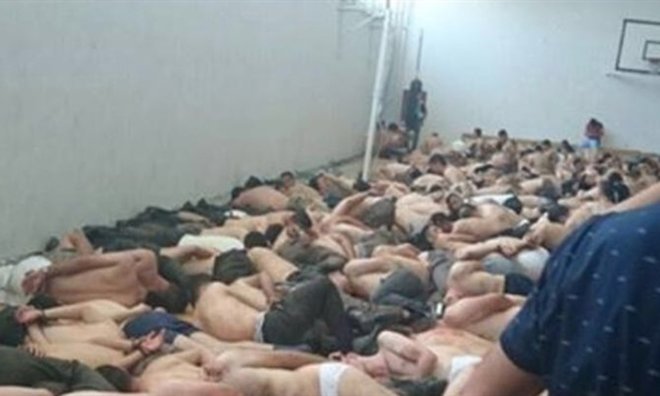Levent Kenez/Stockholm
During a session of the Turkish parliament’s Human Rights Committee last week attended by the justice minister, prison conditions and the health of inmates were discussed, with ruling party deputies accusing the Council of Europe’s anti-torture committee of bias against Turkey and deliberately seeking evidence to undermine the country.
The European Committee for the Prevention of Torture and Inhuman or Degrading Treatment or Punishment (CPT) makes visits to detention facilities in the 46 Council of Europe member states to evaluate the treatment of individuals deprived of their liberty. These facilities include prisons, juvenile detention centers, police stations, immigration holding centers and psychiatric hospitals.
In the June 12 session, following a Kurdish member of parliament’s reference to reports from the CPT stating that outlawed Kurdistan Workers’ Party (PKK) leader Abdullah Öcalan is in solitary confinement in a prison on İmrali Island, ruling party member and former member of Turkey Human Rights Equality Board Harun Mertoğlu argued that visits by the CPT and other international organizations to Turkish prisons are purposefully selective, intended to visit specific locations chosen in advance for a certain agenda. For this reason, he said only prisons in Diyarbakır and Ankara are within the scope of interest of the CPT.
Mertoğlu also claimed that in CPT reports, statements are focused solely on the conditions of selected prisoners. He alleged that visits were made to political prisoners affiliated with the Gülen movement, a group critical of Turkish President Recep Tayyip Erdogan, and PKK members. He further asserted that individuals imprisoned for criminal offenses were explicitly not chosen for such visits.

Mertoğlu even made an accusation during the meeting that security cameras were deliberately disabled for an hour at a police station in Ankara’s Çankaya district, suggesting that this was done knowingly. He alleged that by visiting this police station, the CPT delegation wittingly became a part of a conspiracy. However, he did not provide any specific date or additional details regarding the accusation.
During the meeting Justice Minister Yılmaz Tunç and ministry officials opted to remain silent in response to these allegations.
Text of the parliamentary committee meeting:
However, the CPT’s most recent visit to Turkey in February contradicts Mertoğlu’s claims. During their visit the delegation inspected the following prisons: Antalya S-type Prison, Iğdır S-type Prison, Van F-type Prison, Van High-Security Prison, Antalya L-type Prison and Istanbul-Maltepe L-type Prison No. 3 for foreign nationals. They interacted with both convicts and detainees at these facilities. The delegation said their primary goal was to assess the treatment of individuals held in high-security prisons, with a specific focus on the conditions of LGBTI and female prisoners. The visit was conducted by CPT members Hans Wolff, 1st vice president of the committee (head of delegation); Therese Rytter, 2nd vice president; Juan Carlos Da Silva Ochoa; and Marie Kmecová. They were supported by Hugh Chetwynd (executive secretary), Elvin Aliyev and Monica Martinez from the CPT Secretariat, and assisted by two experts: Jurgen Van Poecke, a prison director from Belgium, and Kate Wood, a medical doctor from the United Kingdom.
Furthermore, the assertion by the Ministry of Justice that international organizations can freely conduct inspections in Turkish prisons and share their findings with the public does not reflect reality. Periodic reports on Turkish prisons by the CPT can only be published with Turkey’s approval. Turkey has thus far not authorized the publication of periodic visit reports for the years 2016, 2017, 2018, 2021 and 2022.
In particular, during their visit from August 28 to September 6, the CPT documented testimony of torture victims from among members of the Gülen movement who were accused of involvement in a controversial coup attempt on June 15, 2016. Their visit was prompted by initial allegations raised by Amnesty International, which indicated that detainees in Turkey faced physical abuse, torture and even sexual assault in both official and unofficial detention centers across the country. Many suspects, both military and alleged members of the Gülen movement, were reported to have suffered severe torture as documented by human rights organizations.

In 2020 Nordic Monitor revealed that the CPT conducted interviews in 2016 with Col. Cemil Turhan, whose testimony and medical reports confirmed that he had been tortured, despite the fact that the report was not approved for public release. Turhan detailed the torture he suffered in his statement. Additionally, it was discovered that four medical reports from his initial detention had gone missing from his case file.
As of January 31, 2023 Turkey was the country with the highest number of prisoners and detainees among the member states of the Council of Europe, with approximately 350,000 individuals incarcerated. According to the 2023 prison report prepared by the University of Lausanne, Turkey had 348,265 inmates and detainees as of January 31, 2023. Following Turkey were the United Kingdom (90,964), France (72,294) and Poland (71,228). Turkey also had the highest rate of prisoners and detainees per 100,000 population among Council of Europe countries, with 408 individuals per 100,000.












